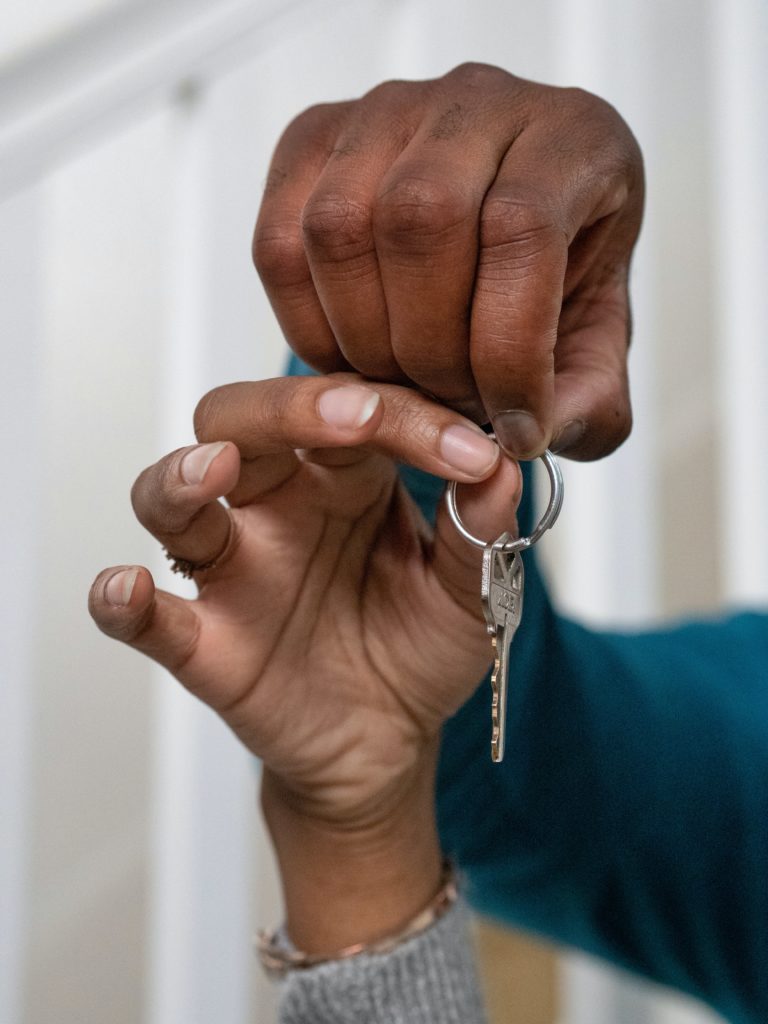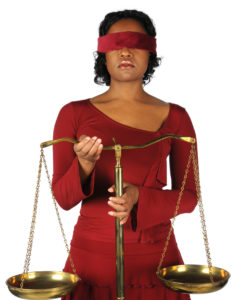In mid-2018, the government gave its commitment that any changes made to the Rent Restriction Act (“the Act”) would be equitable to both landlords and tenants. In a move to provide up-to-date, effective regulation and clear guidelines on the roles and obligations of tenants and landlords, the then Minister without Portfolio in the Ministry of Economic Growth and Job Creation, Karl Samuda said that “amending [the] legislation will create a better balance for both landlords and tenants and give the Rent Assessment Board more bases to conduct their operations.” The current Act which was last amended in 1983 applies to all building land, unless such land is leased for a term of 25 years or more. It also applies to all dwelling houses, except those which are let for boarding, let for housing pursuant to the provisions of the Housing Act or declared exempt by the Minister of Housing pursuant to section 8 of the Act.
Among the main provisions affected in relation to the proposed amendments is changing the name of the Act, to read as ‘The Rent Act’, signalling that the Act covers the entirety of the rental industry. Covered in this Bulletin are some of the other more pertinent changes:
Security Deposits
As there is no provision in the current legislation providing unambiguously for security deposits, this is about to change. The change will include standardization of the number of months of deposits that landlords are entitled to charge. This may depend on whether the property in question is furnished or not. Additionally, the revised Act will include much needed guidelines for the use of the refund amount (for example in instances of unpaid rental dues or damage to the property) and the circumstances and timelines where the refund must be returned to the tenants. One proposal suggested is that at the end of any tenancy term, a tenant must be presented with a statement outlining the refund sum that was returned, how much was deducted (if any) and how the money was spent (providing evidence of such spending).
Tenant Delinquency
There is nothing in the Act now that imposes a fine or, in any way, penalises a tenant. Although there is a covenant which states that a tenant is supposed to pay rent and pay it on time, there are many tenants who simply do not. Even if the tenant is served notice by the landlord, there is no provision currently to compel the tenant to either vacate the property or pay up. All this about to change as tenants who fail to pay their rent, or breach other rules set out in landlord and tenant covenants, could be hit with hefty fines under the revised Act.
Recovery of Possessions
With a move to allow the recovery of possessions to fall under the auspices of the Rent Assessment Board, the Board’s powers will be extended to manage such cases. The purpose for doing so is to reduce the case load in courts and to bring about timely and more cost-effective solutions to matters regarding recovery of possessions.
Other Recommendations for Change
Other recommendations for change include (a) the establishment of a tenant’s registry that works like a bad debt registry and lists errant tenants, (b) the imposition of fines and penalties, (c) establishing minimum standards in rental property conditions so that tenants can have access to adequate, safe and legal housing solutions, (d) defining permissible grounds for terminating a tenancy term by a landlord, (e) listing permissible rent and (f) restraining unfair rental amount increases.
Conclusion
A new balanced Rent Act with established standards of responsibility for both landlord and tenant will no doubt add to the prosperity of Jamaica’s economy. It will create a viable rental industry where investors or foreign buyers will welcome a more refined regulatory environment for the property sector. Expats living here, contributing and investing in the economy will find the transparency advantageous, as will the local population living in rental accommodation.
The changes will also be welcome news for the growing short-term rental and Airbnb market which according to data shows that Jamaica has more than 3,100 active hosts and 5,900 active listings of short-term rental properties comprising mainly of the holiday and tourism sector.




